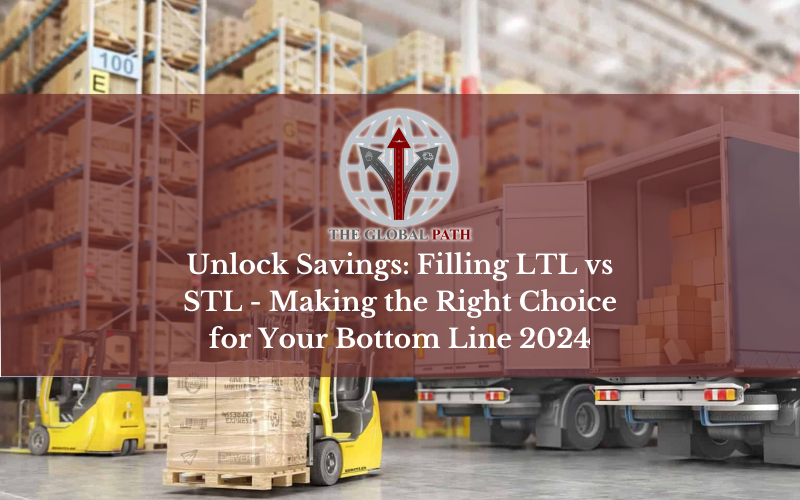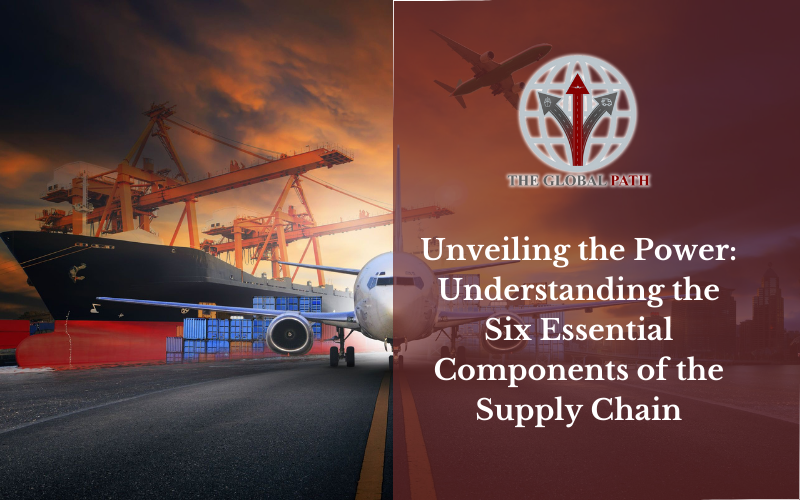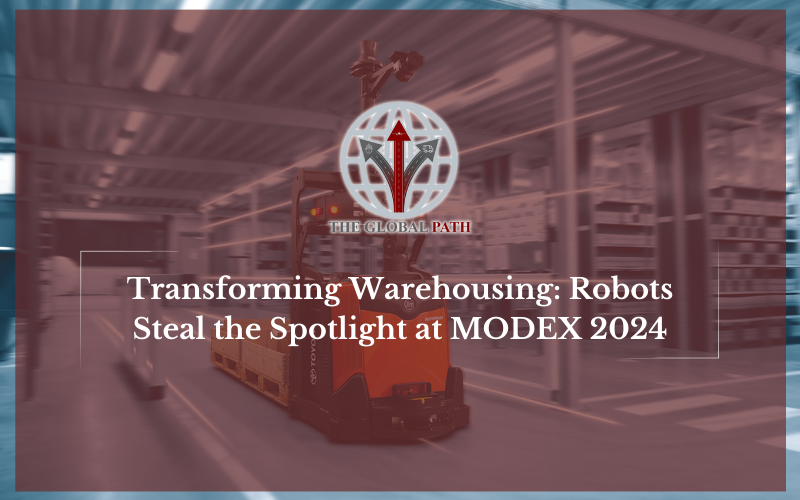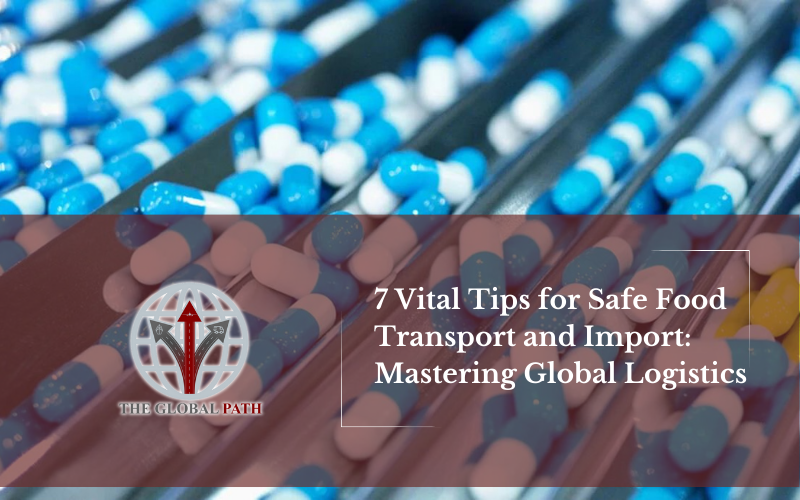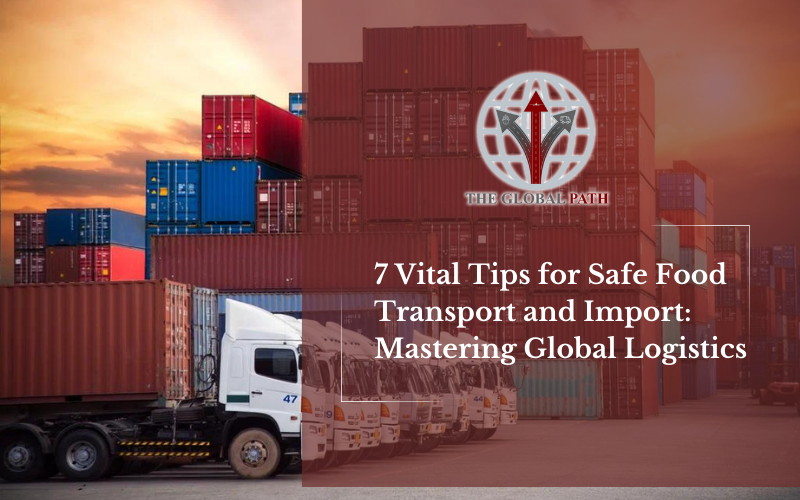Introduction:
The world has recently become a global village, making it easy for businesses to trade internationally. Still, at the same time, we must understand that the impact of international events or trade leaves a more profound impression than ever because everything is connected at such a micro level.
It can be political shifts in relationships between countries, economic downturns, natural disasters like wars and floods, or health crises like pandemics (we recently experienced COVID-19). These might be small or large-scale events, but each profoundly impacts global e-commerce as the world is a global village now.
If we look at the impact of these events, such international events disrupt supply chains and modify consumer behavior and market demand, which can be positive or negative (For example, Starbucks and McDonald’s towards negative behavior and declined market demand after the Palestine-Israel conflict ). Companies must reassess their operational strategies to mitigate risks and catch on emerging opportunities in such circumstances.
In today’s blog, we will look at how global events have shaped the world in the past, understand the ripple effect on the supply chain, and how businesses can cope with global challenges to emerge more prosperous.
Global Events Shaping International Trade:
Let us pick some case studies and see how global events have affected market demand. I will analyze COVID-19 and the demand and challenges of vaccines for positive consumer behavior and elevated market demand. The other case study will be Starbucks and McDonald’s and how they lost billions of dollars in international genocide.
COVID-19 and Vaccine Demand:
2019 COVID-19 struck the world, resulting in a revolutionary transformation in consumer behavior patterns and market trends.
The urgency to combat the pandemic has led to a hype in demand for COVID-19 vaccines. Consumers were driven by concerns for their health and safety and were actively seeking vaccination to protect themselves and their communities. This heightened demand created unpredictable pressure on vaccine manufacturers to boost production and distribution to meet the global need.
Despite the high demand, vaccine distribution was a great challenge. Issues such as supply chain disruptions, logistical complexities, and equitable access emerged as alarming hurdles. Ensuring fair and efficient distribution across diverse geographic regions, particularly in low-income countries, was challenging.
But at the same time, it was an opportunity for many pharmaceutical companies to reintroduce their standards and get global attention. Companies that smartly coped with the issue by altering their supply chain, logistics, and financial strategies successfully made millions and billions of dollars, and the world still looks at them as a symbol of trust and pride.
Starbucks and McDonald’s and Israel-Palestine Conflict:
When McDonald’s Israel announced in October of last year that its restaurants in the country would be providing free meals to Israeli soldiers, pro-Palestinian activists took to social media to express their outrage.
Following the offer, the company saw a decline in fourth-quarter sales in the Middle East, according to CNBC. Two percent of McDonald’s worldwide sales and one percent of its worldwide earnings before iAfter Starbucks Workers United, which is responsible for hundreds of the chain’s unionized cafés, posted a support post for Palestinians and faced criticism from conservatives, Starbucks became the target of boycotts. Starbucks sued Workers United for trademark infringement in an attempt to disassociate itself from the tweet, which the union removed.
In addition to boycotts hurting Starbucks’ U.S. cafes, CEO Laxman Narasimhan stated on Tuesday that the company’s sales in the Middle East were difficult. The chain’s fiscal first quarter ended December 31 saw a 5% increase in same-store sales in the United States, but foot traffic decreased.
According to Narasimhan, customers who visited infrequently were the main cause of the U.S. foot traffic lag. Starbucks is introducing new drinks and more focused promotions in an effort to boost demand.
The Ripple Effect on Supply Chains:
Many of you would be familiar with the ripple effect, but for those who don’t know, the continuing and spreading results of an event or action over others over a period of time is called the ripple effect.
Let’s understand it like this: a small pebble is thrown when some global event occurs. The first wave is disruptions in production that occur as factories shut down or operate at significantly reduced capacity due to lockdowns, resource shortages, or damage from conflict or natural disasters. This shortage of goods and raw materials creates bottlenecks in the supply chain, stopping the flow of products from manufacturers to consumers.
This wave vibrates and generates another wave, affecting transportation and logistics, facing significant challenges. Border closures, trade restrictions, and disruptions to shipping routes impede the movement of goods, causing delays in delivery and increased costs for businesses.
This wave disturbs the waters and generates another challenge of labor shortage. It can arise due to the displacement of workers or restrictions on movement imposed during crises. This can further worsen production delays and increase costs as companies struggle to find skilled workers or alternative sources of labor.
The waves further spread to consumer behavior. It undergoes significant shifts and ups and downs during global events, leading to changes in demand patterns. Panic buying, stockpiling, or changes in preferences can disrupt the delicate balance of supply and demand, creating challenges for businesses in forecasting and inventory management.
Adapting Financial Strategies:
Do you remember survival of the fittest theory from the old times? That was not only about human survival but is equally workable for businesses. In the ever changing landscape of global events and challenges only those businesses can stand that have developed smart coping and financial strategies to deal with market fluctuations, regulatory changes, and unexpected events such as economic crises to pandemics.
Risk management should be the first step of financial strategy adaptation for any business if it wants to sustain in the global village.
This includes but is not limited to spotting possible hazards, estimating their possible effects, and putting precautions in place to lessen them. Some tactics used by businesses to effectively manage risk can be diversifying investments, hedging against currency fluctuations, and maintaining sufficient liquidity. Other options can vary depending on the type and size of the business.
Another smart move that companies can make is to prioritize financial resilience. They can do so by managing working capital smartly and keeping healthy cash reserves. As a result, they will be better equipped to handle financial setbacks and will be able to catch on to any changes that may present themselves in unpredictable times.
Another aspect could be strategic cost management when adapting financial strategies. This can involve discovering ways of optimizing expenses, streamlining operations, and identifying cost-saving areas without compromising quality or productivity.
Other aspects include training the staff, encouraging new ideas, and discovering new growth opportunities. A daring mindset is also an essential part of intelligent financial strategies.
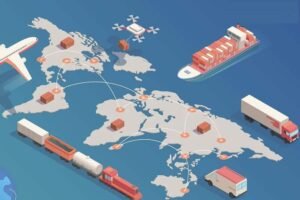
The Importance of Agility in Business:
The world is changing at a very fast pace so should businesses because the ability to adapt quickly to changing circumstances, seize opportunities, and respond to challenges is what sets any business a step ahead of the other. Here’s why agility is so crucial:
Seizing Opportunities:
Businesses that are agile are able to take advantage of new opportunities as soon as they see a new opportunity. Agile businesses are able to innovate quickly, introduce new goods or services, and expand into new markets in order to obtain a competitive advantage by remaining aware of consumer demands and market trends.
Enhancing Customer Experience:
It won’t be wrong to say that social media influences customers’ demands a lot. Social media trends are unpredictable. Agile companies are better suited to meet and surpass their customers’ ever-changing expectations. Agile businesses can provide a smooth and customized customer experience by modifying their products and procedures in response to feedback from clients and industry developments.
Efficiency Optimization:
Businesses can maximize efficiency by allocating resources and managing operations with agility. Simplifying procedures, getting rid of obstacles, and utilizing automation are ways for agile companies to cut expenses, boost output, and maintain their flexibility in a cutthroat market.
Conclusion:
Global events can take place at any time and can disrupt the trade and supply chain like a forest fire. Only businesses with innovative mindsets, smart financial strategies, trained staff and vast available resources can survive.
The best way to cope with such challenges is keep training your staff for emergency situations, keep some reserves especially dedicated to global changes and keeping yourself updated about what challenges other businesses are facing and how they coped with the challenge either labor shortage, supply chain hurdles or production challenges.
As soon as you come across the event reevaluate your strategy and innovate that’s the only way to survive in the rapidly changing landscape of global events.
F and Q’s:
What is the impact of global trade?
Trade makes the world more efficient. Labor and capital move to more efficiently utilized industries when a nation opens up to trade. The movement raises the standard of economic welfare for society.
How did globalization impact trade?
New markets have been opened up, trade and investment have increased, and cross-border technology and knowledge transfers have been encouraged by globalization. Globally, these advancements have boosted productivity, increased economic growth, and created jobs in many sectors.


